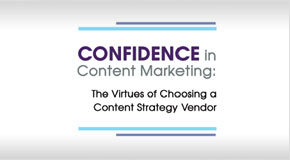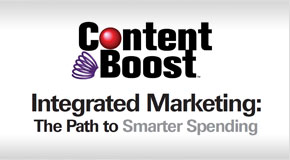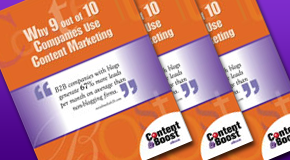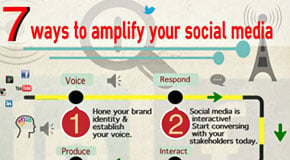A $1 trillion market opportunity exists for companies that can successfully explain their sustainability efforts to consumers, according to a new study from Unilever.
The study, which polled 20,000 adults in the U.S., the U.K., India, Turkey and Brazil, asked consumers how sustainability impacts the way they buy and use products. It confirms that sustainability is a huge determining factor, and brands that can effectively communicate their environmental initiatives connect better with buyers.
Here are some key findings from the report:
- A third of consumers now consider a brand’s social and environmental impact when buying products.
- More than one in five (21 percent) claimed they would actively choose brands if they made their sustainability credentials clearer in their marketing and packaging.
- There is even greater interest in sustainability in emerging economies than in developed ones. Seventy-eight percent of shoppers in the U.S. and 53 percent of shoppers in the U.K. claim they feel better when they buy products that are sustainability manufactured. This figure jumped to 88 percent in India and 85 percent in Brazil and Turkey.
According to Unilever, this is because citizens in emerging economies often have direct exposure to the negative impacts of unsustainable business practices like energy, food and water shortages; and poor air quality. Plus, Brazilians, Turks and Indians face greater scrutiny from friends and family members to buy green products and to be socially responsible about environmental actions.
Unilever Chief Marketing and Communications Officer Keith Weed offered the following commentary on the report:
“This research confirms that sustainability isn’t a nice-to-have for businesses. In fact, it has become an imperative. To succeed globally, and especially in emerging economies across Asia, Africa and Latin America, brands should go beyond traditional focus areas like product performance and affordability. Instead, they must act quickly to prove their social and environmental credentials, and show consumers they can be trusted with the future of the planet and communities, as well as their own bottom lines.”
Capitalize on this opportunity with content marketing
Content marketing is an advertising strategy that involves using creative multimedia to educate and nurture leads. Right now 89 percent of B2B marketers are using content marketing, while 86 percent of B2C marketers are using it. Some of the most popular types of content marketing are blog posts, videos, infographics, case studies, white papers and sales enablement documents.
Content marketing is much different from traditional advertising, which tends to rely on shock value and entertainment to sell products. With content marketing, the goal is to connect with audiences online and to spark engagement. It’s designed to be an organic process.
Here are some ways that your company can use content marketing to connect with environmentally concerned shoppers:
Tell stories: A company that provides renewable energy for low income communities, for instance, could put together a blog post or video highlighting the work and showing how they are directly improving life for local citizens. Or, the company could highlight local environmental heroes that are making a difference for others. Storytelling is one of the best ways to humanize a brand.
Answer FAQs: Take customer questions seriously! And don’t be afraid to share them with others online. If a customer asks a question about an ingredient (like where a product was sourced), chances are likely that many others would appreciate the information too. You could write an entire article that describes your company’s concern for the environment, and showcase where a certain product comes from and how it was grown.
Go behind the scenes: Perhaps your company is highly committed to eco-friendly waste management. If so, take readers on a digital walk through your manufacturing facility. Show them exactly what your company is doing to trim waste and help the planet. Food manufacturers could interview farmers, too, and provide documentation containing environmental data for certain products.
Offer sustainability tips: This is another easy way to connect with consumers without being overly salesy. For example, a company that offers connected home products (like smart solutions for energy management) could provide customers with weekly tips for being more “green” around the home. This could include advice for cooking and composting, re-using products and reducing carbon emissions. This type of digital asset is highly sharable, and will show customers that your company is about more than just turning a profit.
Just remember: Whatever you do, tell the truth. If you stretch the truth about your environmental efforts, you could be labeled a “greenwasher.” Accuracy and integrity are imperative when using content marketing to connect with buyers.















